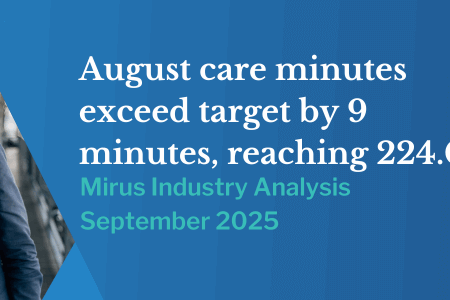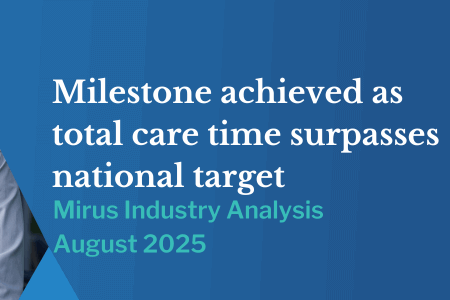Transitioning to the new Aged Care Quality Standards by Sara Golding.
June 12, 2019 | Aged Care Management

Roll out of the new Aged Care Quality Standards is now well underway and the new standards will apply to all aged care services. All Providers will continue to be assessed against the current standards until 30 June 2019, with assessment and monitoring against the new Aged Care Quality Standards commencing 1 July 2019.
The most significant changes are the notice period and the expected time to respond. In today’s world, we know when an accreditation visit is scheduled, and we have the time to prepare and respond. In tomorrow’s world, we face unannounced visits and an expectation of real-time responses.
Can you respond in real-time?
The Aged Care Quality and Safety Commission states that Service providers are encouraged to use the transition period to:
- identify and address areas for improvement in order for the new Standards to be met
- support their staff to understand the requirements of the new standards
- support care recipients and their families, carers and representatives to understand what the changes mean for and
- align their system, policies and practices with the new standards
With only a few more days until 1 July 2019 we are making sure our clients can answer the following in real-time:
- How quickly can your organisation report on skills compliance?
For example, an organisation claiming Item 4B under Complex Pain Management (where services must be undertaken by a listed allied health professional) will need to respond quickly with evidence that appropriately skilled Allied Health professionals are rostered.
More importantly, organisations need to be able to identify training needs and proactively manage their employee skills and qualifications to remain compliant under the new Standard 7: Human Resources to evidence that “The organisation has a workforce that is sufficient, and is skilled and qualified, to provide safe, respectful and quality care services.”
In our experience organisations manage employee skills and training via multiple systems and spreadsheets, the payroll application as well as learning management systems and there is no fast and accurate way to report on this data to prove quality care and manage compliance. Typically, the larger the organisation the more onerous the task of managing skills becomes.
- Do your Rostering staff have the most up-to-date skills data available to ensure that the employees rostered are fully compliant and that their training needs are being met?
Unfortunately, with data on disparate platforms, it can mean that whilst an employee may be ‘role compliant’ on the roster, other skills that may be mandatory or supplementary could have expired without the Rostering Administrator’s knowledge.
Streamlining processes to ensure data is all in one place will help ensure that compliance is on everyone’s agenda, not just the HR department.
With the clock ticking it’s important to act now! Mirus Australia responded to the new standards with the release of the Skills Module to Mirus Works! Co-designed with the aged care industry for the aged care industry. The module includes a state-of-the-art Dashboard which can be pivoted to easily view the entire organisations, a Site(s), or specific Role(s)’ skills compliance at a glance. The module can be implemented in four weeks. Please get in touch and let us help you with planning for compliance. For more information about Mirus Works! please click here or to connect with Sara Golding on LinkedIn, please click here.


